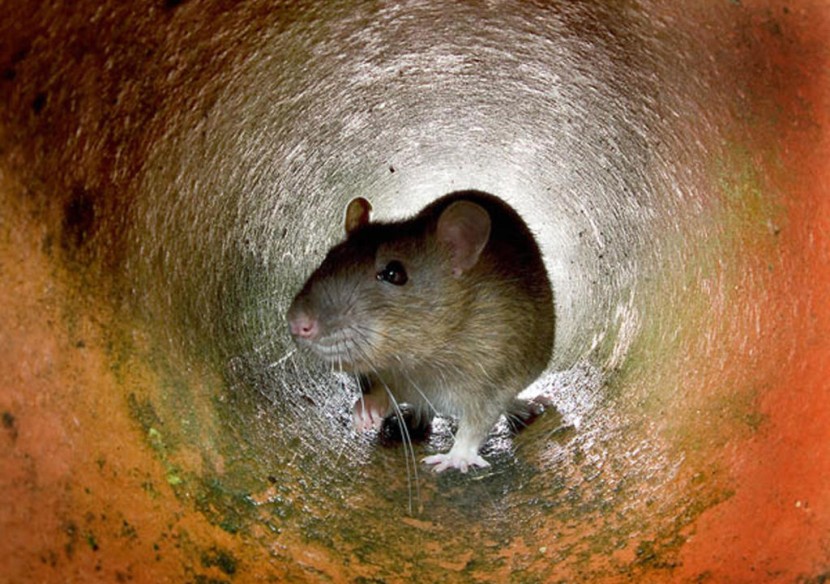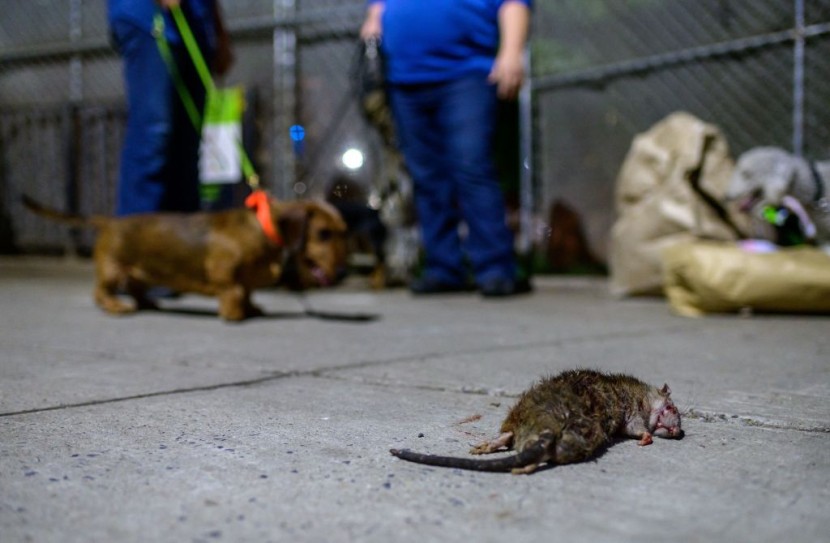
California's rodent poison ban has been extended after Gov. Gavin Newsom signed a new bill, allowing wildlife advocates to have a major win.
The Californian leader specifically approved AB 1322; a legislation that expands the previous moratorium on rodenticides.
California Rat Poison Ban Extended by Gov. Gavin Newsom
According to NBC Los Angeles, AB 1322 extends California's moratorium, enabling the restriction to include the first-generation anticoagulant rat poison called "diphacinone."
To give you more idea, first-gen rodent poisons are those that were first developed before 1970. These include warfarin, chlorophacinone, and diphacinone.
AB 1322 is an extension of similar legislation that was recently passed in 2020, which allowed the Californian government to place a moratorium on second-generation rat poisons, which were created after the 1970s.
The decision of Newsom to expand the U.S. state's rat poison ban came as wildlife advocates revealed that rodenticides are starting to appear on other animals.
"These poisons are now being studied and these poisons are showing up in animals," said Kian Schulman of the Poison Free Malibu; a non-profit wildlife protection organization that aims to ensure the safety of children and pets against pesticides.
"Rat poison indiscriminately harms animals up and down the food chain, making them more susceptible to disease and causing internal bleeding and death," stated the Center for Biological Diversity's senior scientist Tiffany Yap.
Read Also : EU Microplastic Crackdown Intensifies; Europe To Reduce Plastic Pellet Pollution by 74% Before 2030
Dangers Posed by Rodenticides

According to the National Library of Medicine, roughly 10,000 anticoagulant rat poison ingestions happen in the United States each year.
Most of the victims are 6-year-old children and below. Younger Americans who accidentally consume these dangerous rodenticides develop the following symptoms:
- Hematuria
- Hemoptysis
- Epistaxis
- Flank pain
- Easy bruising
- Petechiae under the blood pressure cuff
Although the use of rat poisons poses life-threatening risks, some Americans still criticized the decision of Newsom to extend California's rodenticide moratorium.
Among the legislation's critics is the group called "Rodenticide Task Force," which consists of industry professionals, scientists, and educators.
The organization argued that the rodenticide ban extension could have negative effects, such as increased costs of rodent control, rat-carried disease transmissions, property damage, and rat infestations.
© 2026 HNGN, All rights reserved. Do not reproduce without permission.








